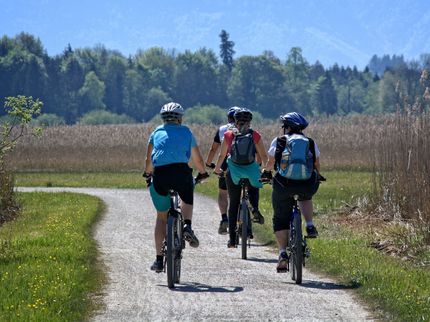Cardio3 BioSciences Establishes US Subsidiary in Rochester, MN
Advertisement
Cardio3 BioSciences announced that it has established a subsidiary, Cardio3 BioSciences, Inc. in Rochester, Minnesota.
Cardio3 BioSciences has advanced the development of its core revolutionary technology of adult autologous stem cell commitment to cardiac lineage C3BS-CQR-1 (C-Cure®) for the treatment of heart failure. The new subsidiary has been set up to support the expansion of the company’s clinical and regulatory activities in the US and substantiate the early evidence of the feasibility, safety and efficacy of C3BS-CQR-1 (C-Cure®) in a larger scale setting as well as to strengthen its research and commercialization efforts with Mayo Clinic and other collaborators in the US.
Cardio3 BioSciences has strong links with Rochester, MN. The key scientific work underlying the Company’s Cardiopoiesis technology platform, which is designed to reprogram patient’s own stem cells to rebuild the heart, originated at Mayo Clinic, MN. In this ground-breaking work, researchers were able to identify a process involving a combination of growth factors to reprogram mesenchymal stems cells harvested from the bone marrow of heart failure patients into cardiac precursor cells. In 2007, Mayo Clinic entered into a technology license agreement with Cardio3 BioSciences, giving them an exclusive worldwide license to use the inventions related to the cardiopoiesis platform. Since then, Cardio3 BioSciences successfully transferred the technology to a fully compliant pharmaceutical manufacturing environment and conducted a Phase II clinical trial showing the promise of this technology.
Cardio3 BioSciences aims for C3BS-CQR-1 (C-Cure®) to be the first approved regenerative product for ischemic heart failure. In a prospective, randomized, multi-national, Phase II clinical trial, ischemic heart failure patients treated with C-Cure showed after 6 months a significant 18.1% relative improvement of Left Ventricular Ejection Fraction (a measure of heart function) versus baseline whereas the control group had a relative improvement of 3.6% versus baseline. Patients in the C-Cure treated group also showed a significantly improved exercise capacity as measured by a standard test called the “six-minute walk distance test”. There was no evidence of complications related to the use of cardiopoietic stem cells. Cardio3 BioSciences plans to discuss the phase II results with the U.S. Food and Drug Administration (FDA) and the European Medicines Agency (EMA) before finalizing the protocol for the phase III trials.


























































